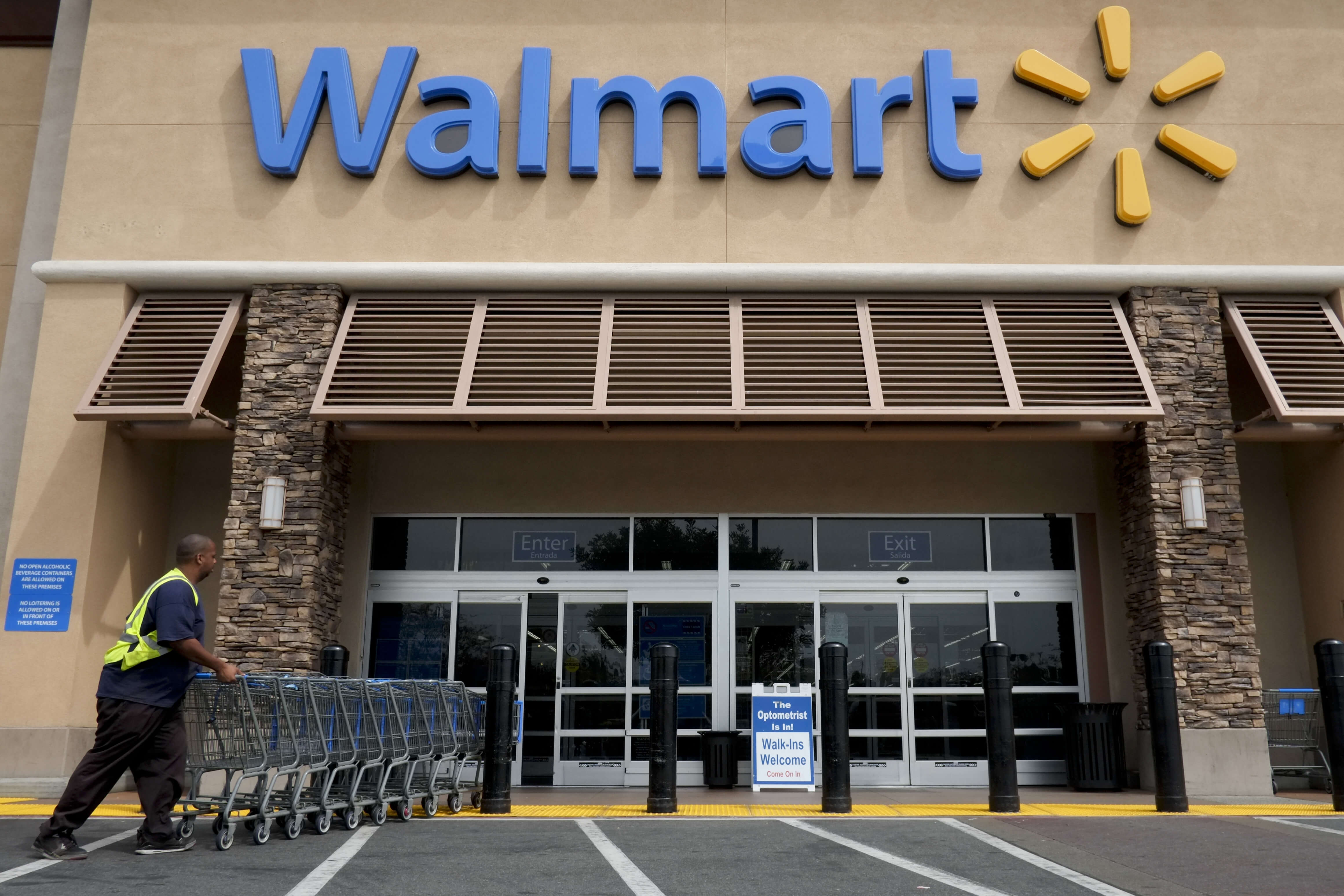Always-low wages aren’t always competitive

Wal-Mart Stores Inc. announced late last week that it will close 154 of its stores nationwide, sparing the District of Columbia (where I live) yet also disclosing that the discount retailer will not be expanding as promised in the city. The decision to close about 3 percent of its stores nationwide means as many as 10,000 workers in the United States could lose their jobs, according to The New York Times. The move also means that Washington, D.C. will not see the creation of scores of new jobs in parts of town that desperately need new employment opportunities.
It’s been a tough year for Walmart as competition from online retailers has hit its bottom line. But instead of focusing on the failure of Walmart’s business model—and its management—local leaders are using the company’s announcement as an opportunity to focus on driving down benefits for workers.
Take the District of Columbia. Although Walmart isn’t closing any stores in D.C., its representatives told Mayor Muriel Bowser that the company will not move forward with two Supercenters planned for east of the Anacostia River—one in Skyland Town Center in Southeast, and the other in Capitol Gateway Marketplace in Northeast.
Not following through on these two stores violates a “handshake” agreement that former Mayor Vincent Gray made with Walmart in 2013. Having Walmart operate in the District was contentious from the start. Many were concerned about the company’s employment practices, including its low wages, limited benefits, unpredictable schedules, and anti-union policies. Gray negotiated that in order for Walmart to become a retailer in the District, the company had to build at least two stores in Washington’s poorest neighborhoods.
While Walmart got what it wanted, the District did not. Walmart got to open stores in up-and-coming, gentrifying parts of our city. They opened one near Union Station, one in the Brightwood neighborhood along Georgia Avenue, and a third in the Fort Totten neighborhood. But residents of the neighborhoods who needed access to a large grocery store and new jobs the most have been left out. Further, the District had already committed $90 million to make the Skyland development possible and spent resources working through the District’s permit process.
But that’s not the story that Councilmember Jack Evans told The Washington Post. Evans, who represents Ward 2 where I live, was in the meeting with the Mayor and the Walmart officials. While Walmart’s public statements were about the tough times in retail, Evans said Walmart’s change of plans in D.C. were because of the District’s rising minimum wages and the potential that the District City Council will vote for a paid family and medical leave bill this session.
In fact, Walmart was very explicit about its reasoning. It is losing customers to online retailers and hasn’t figured out a sound strategy to compete with the likes of Amazon. The company added that it also has had problems figuring out how to compete in urban markets like the District of Columbia. Walmart built its success on large, suburban locations, but hasn’t been able to dominate urban markets in the same way. In 2011, it began a strategy of creating smaller “Express Stores” that the company hoped would appeal to urban consumers. But Friday’s announcement included an end to those urban small stores, too.
Councilmember Evans should not be encouraging his colleagues to temper their support for reducing economic inequality and strengthening families living in Washington, D.C. Instead, this is an opportunity to point out that a firm’s bottom line isn’t just about labor market policy. Good economics isn’t just the short-term corporate bottom line but rather a vibrant economy where families are economically secure, good jobs are available, and firms are innovative and constantly adjusting their business models to meet long-term objectives. Always-low wages are simply not a path to consistently strong firm performance or strong, sustainable economic growth.
The District of Columbia should support policies that create living wages and give workers the time and income support they need when they have to be away from work because they have a new child or a family member has a serious illness. Ideas such as the paid family leave bill before the D.C. Council would be one such step forward that would both reduce inequality and support working families as well as strengthen our economy. Walmart’s failure to adjust its business strategies is its problem, not that of the citizens of the District of Columbia.
Heather Boushey is Executive Director and Chief Economist at the Washington Center for Equitable Growth.
